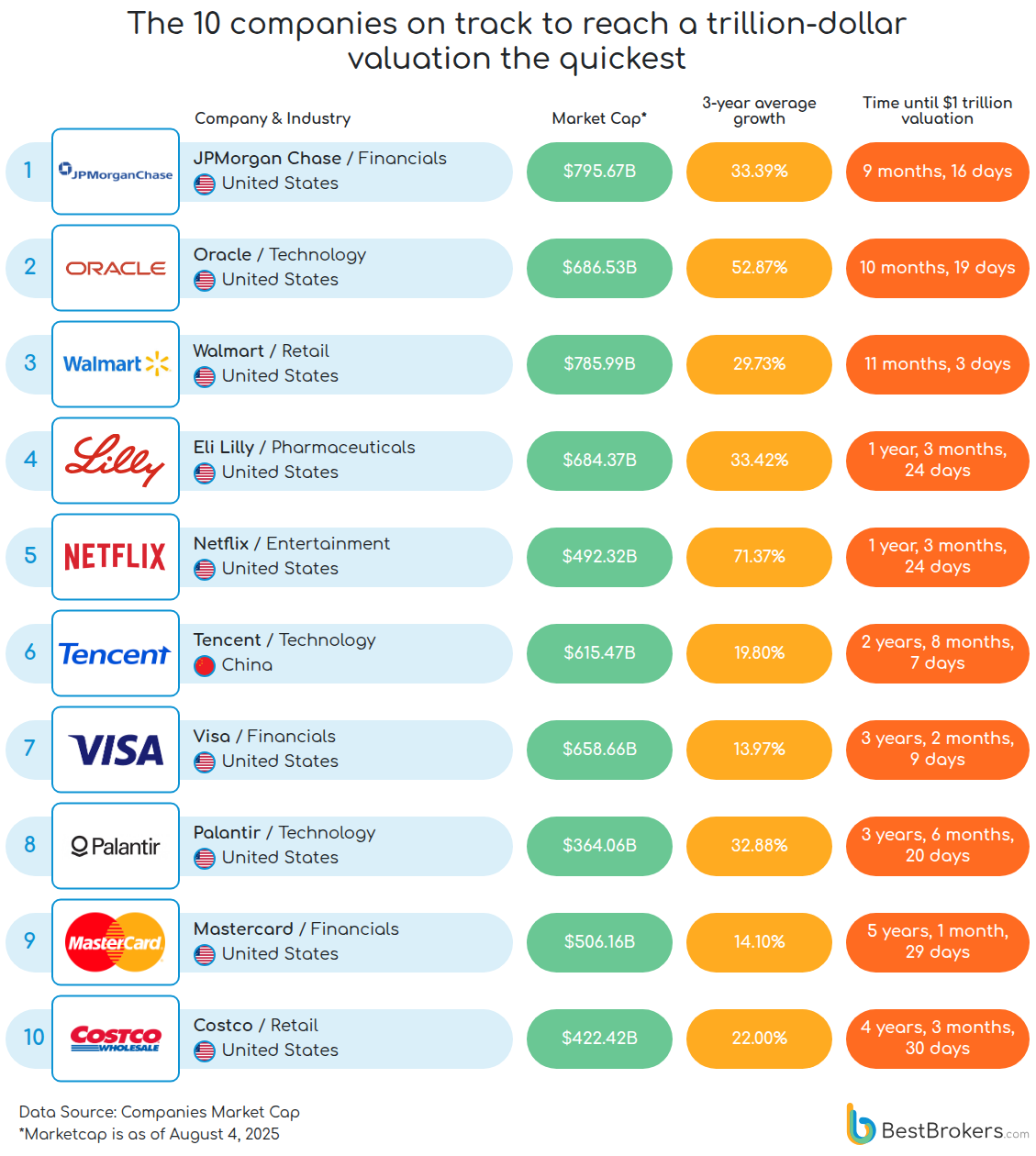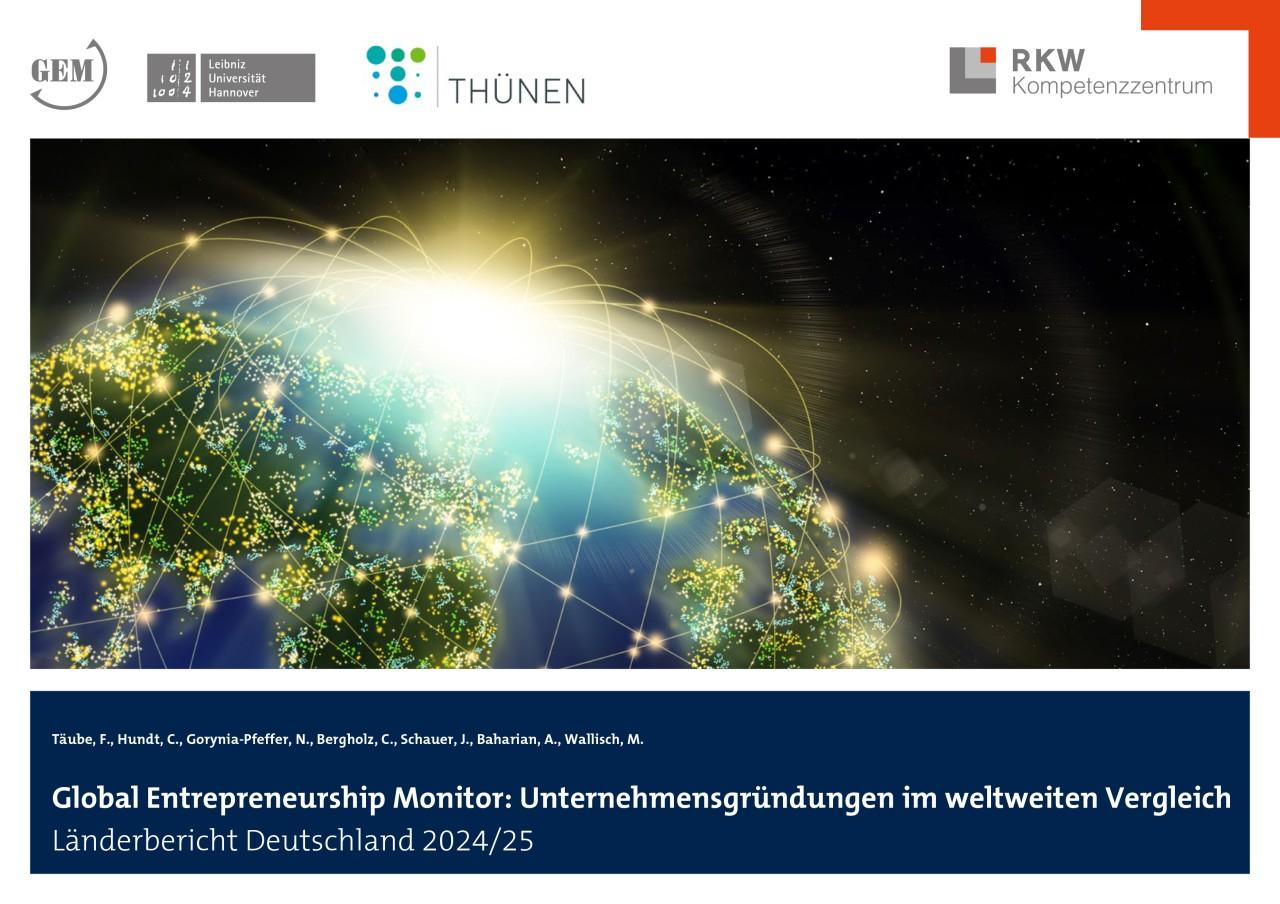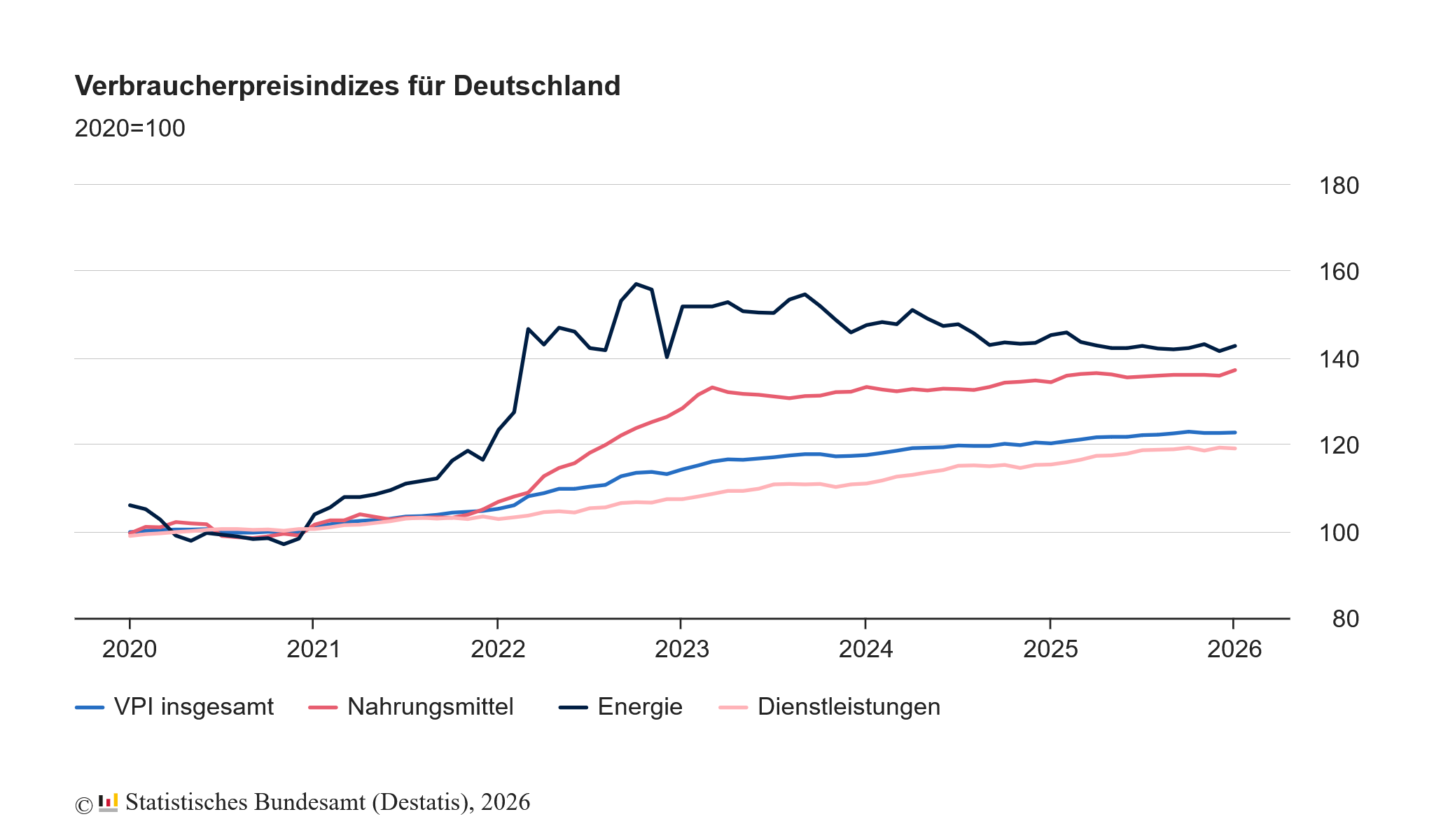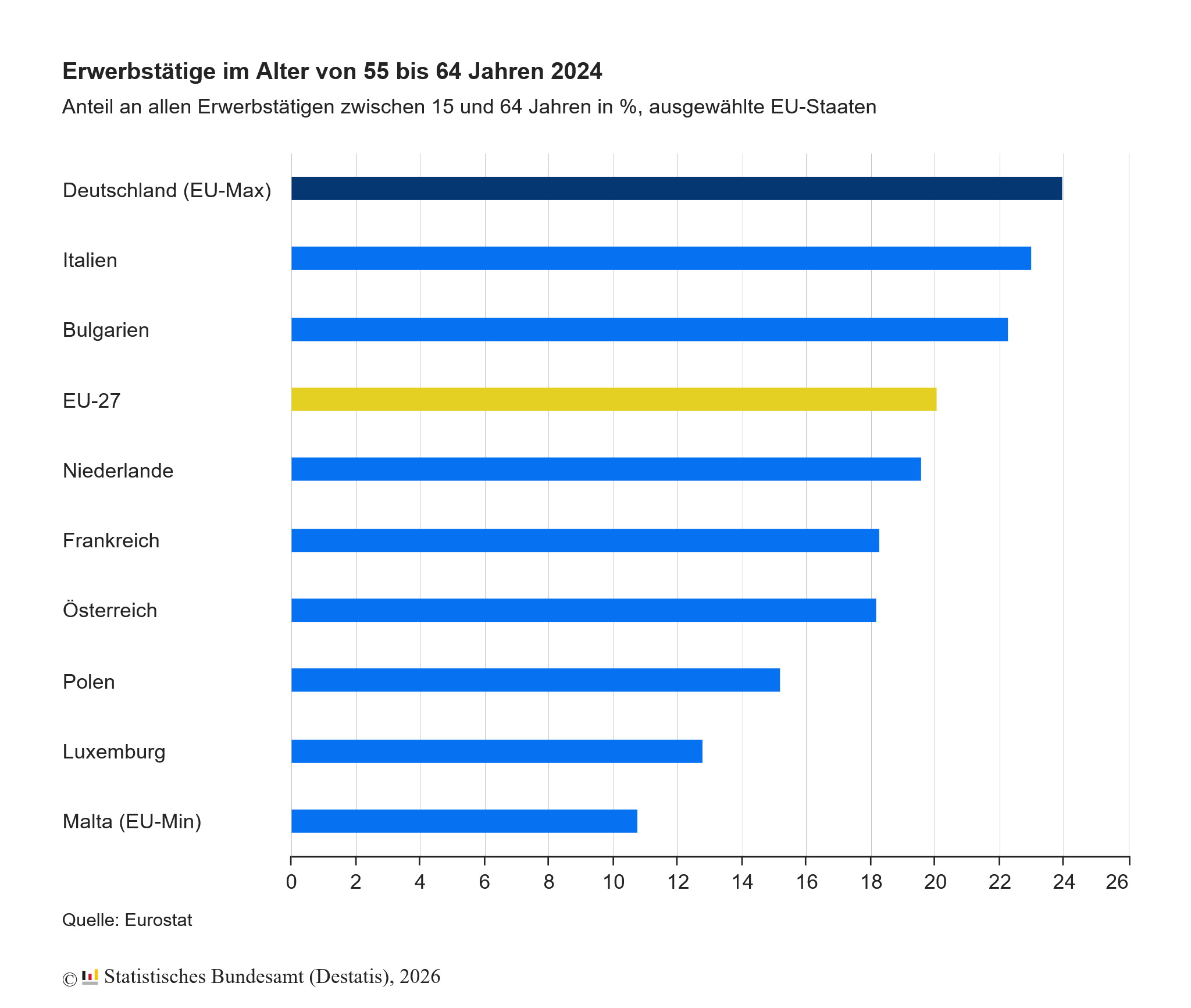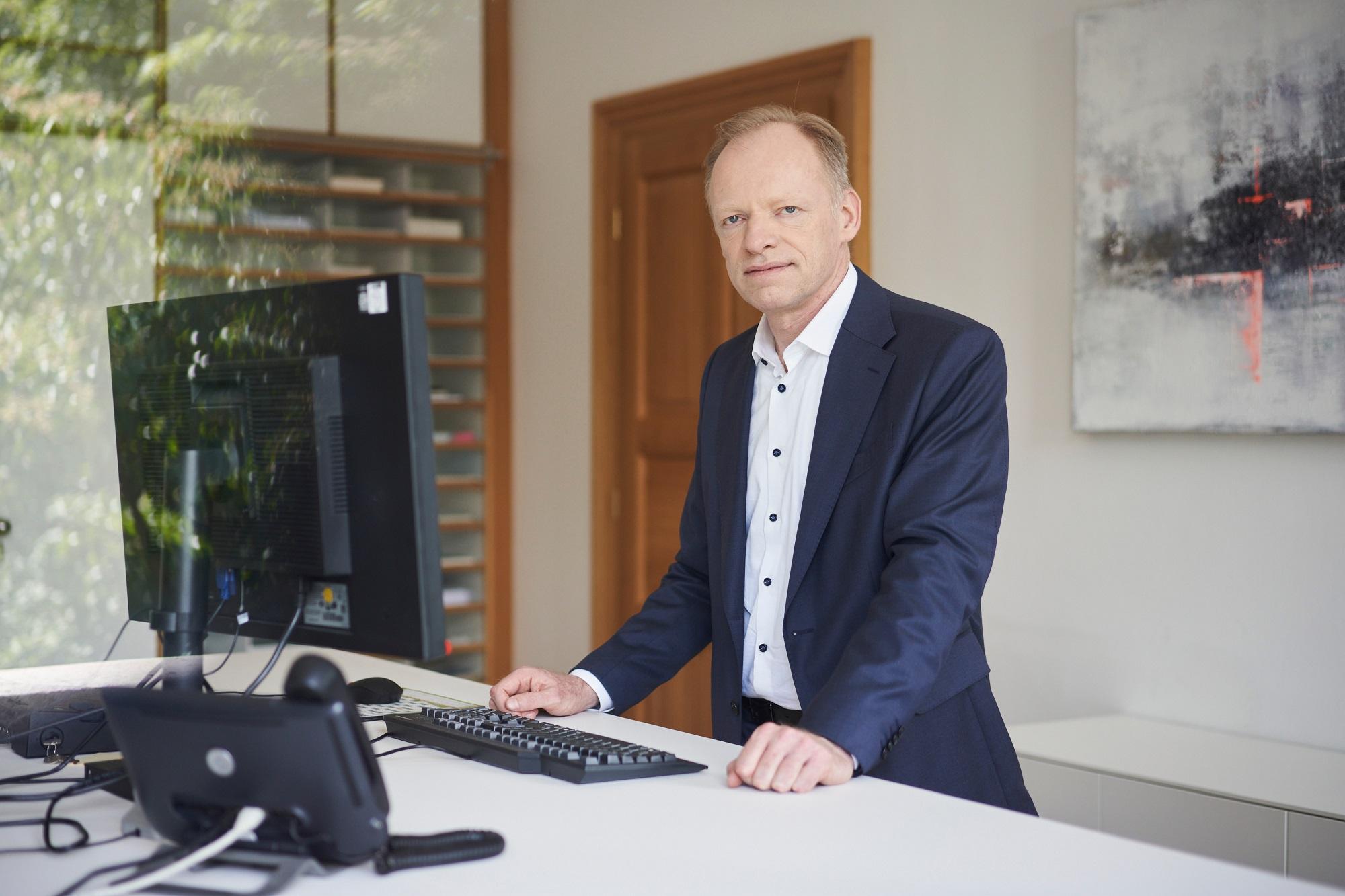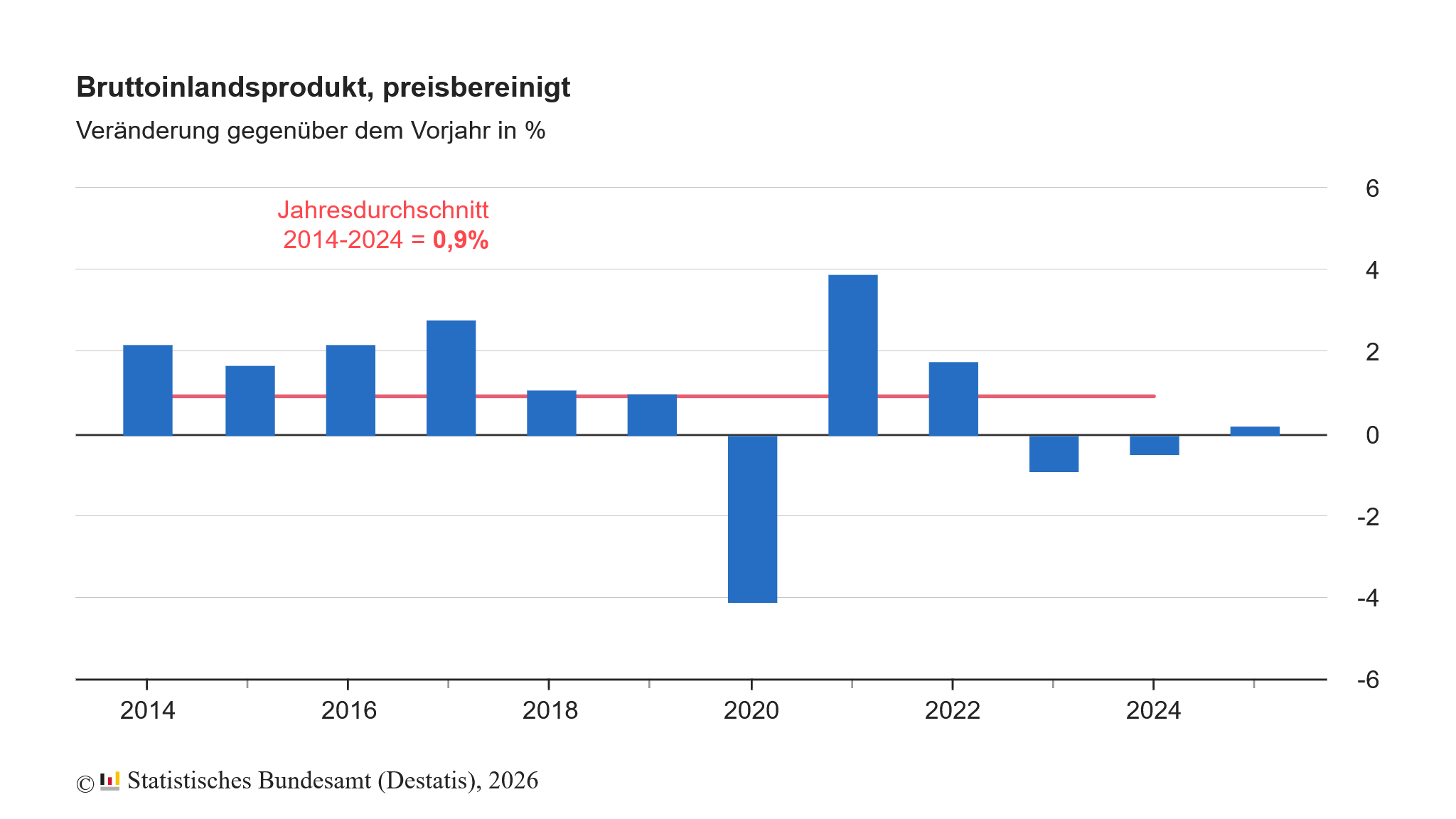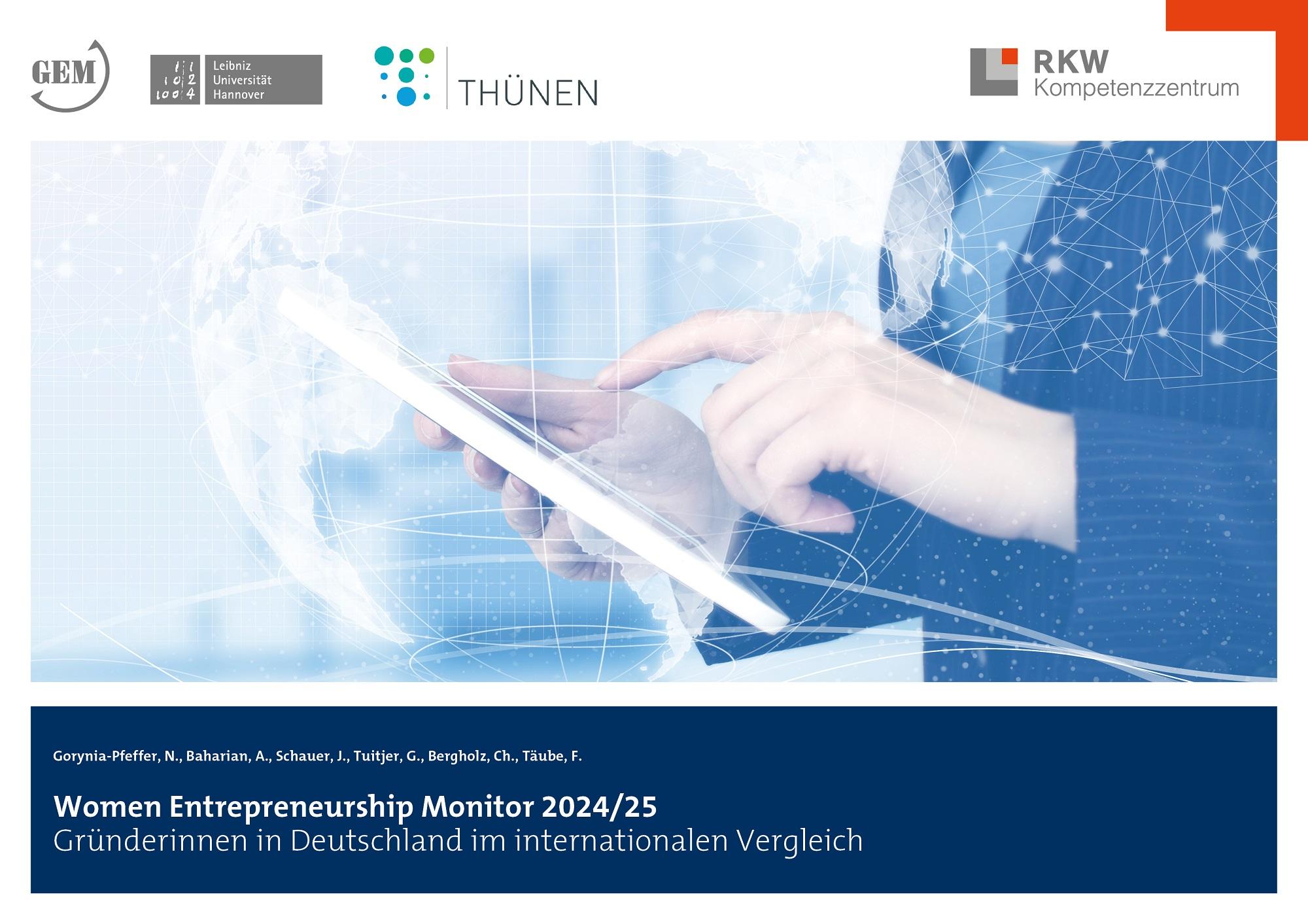Skills shortage continues to decline according to study
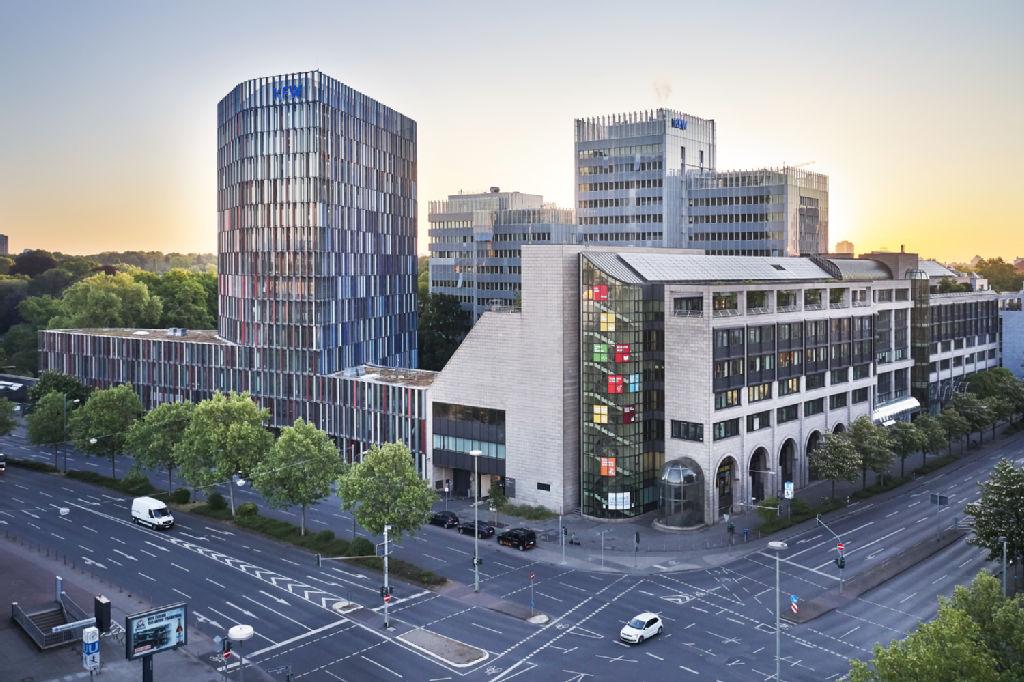
The shortage of skilled workers in Germany continued to ease at the start of the fourth quarter. According to the current KfW-ifo Skilled Labor Barometer, 25.8% of companies are currently reporting that their business activities are being hampered by a lack of skilled workers. This is the lowest figure for three years. This means that the proportion of companies affected has roughly halved since 2022.
Industry reports sharpest decline in bottlenecks
The decline is particularly marked in the manufacturing sector. Only 17.1% of companies in this sector now report a shortage of skilled workers. While almost every second industrial company was still affected in 2022, the proportion is now much lower, although it is still above the long-term average of 9.9%.
The slowdown is a consequence of the ongoing decline in sales and production, triggered by geopolitical tensions, energy price increases and the loss of competitiveness in key industrial sectors. The automotive industry is also being impacted by the parallel transition from combustion engines to electromobility.
Services sector remains particularly affected
At 30.2%, the service sector remains the economic sector with the greatest shortage of skilled workers - despite a decline since the previous year. The following continue to be particularly affected:
- Legal and tax consultancy (68.3%)
- Land transportation (49.6 %)
- Warehousing, building services, rental
- Gastronomy: decline from 40% (April) to 26.7%
Construction industry as an outlier
Contrary to the trend, the proportion of affected companies in the construction industry has recently risen again, from 27.3% to 31.6%. According to KfW, this indicates that construction activity will pick up again in the second half of the year, supported by rising incoming orders and positive expectations in the sector.
In October, 26.1% of small and medium-sized enterprises (SMEs) suffered from a shortage of skilled workers, slightly more than the 25.1% of large companies. The bottlenecks among SMEs in the manufacturing industry are particularly severe (20.9%).
Demographic pressure remains - vacancy periods at record level
Despite the economic recovery, the structural labor shortage remains clearly noticeable. Vacancy periods for open positions reached an all-time high of 161 days in October (2010: 56 days). At the same time, the number of registered vacancies fell to 623,000, around 66,000 fewer than a year earlier.
Bottleneck will grow again with economic upturn
According to KfW, a significant economic recovery is expected in the coming year. This is likely to exacerbate the shortage of skilled workers once again. How severe the shortage will be in the future depends largely on progress in
- labor force participation
- skilled immigration
- increases in productivity
productivity increases.
The details and the data set can be viewed directly directly from KfW Research.

Newsletter
Startups, stories and stats from the German startup ecosystem straight to your inbox. Subscribe with 2 clicks. Noice.
LinkedIn ConnectFYI: English edition available
Hello my friend, have you been stranded on the German edition of Startbase? At least your browser tells us, that you do not speak German - so maybe you would like to switch to the English edition instead?
FYI: Deutsche Edition verfügbar
Hallo mein Freund, du befindest dich auf der Englischen Edition der Startbase und laut deinem Browser sprichst du eigentlich auch Deutsch. Magst du die Sprache wechseln?

